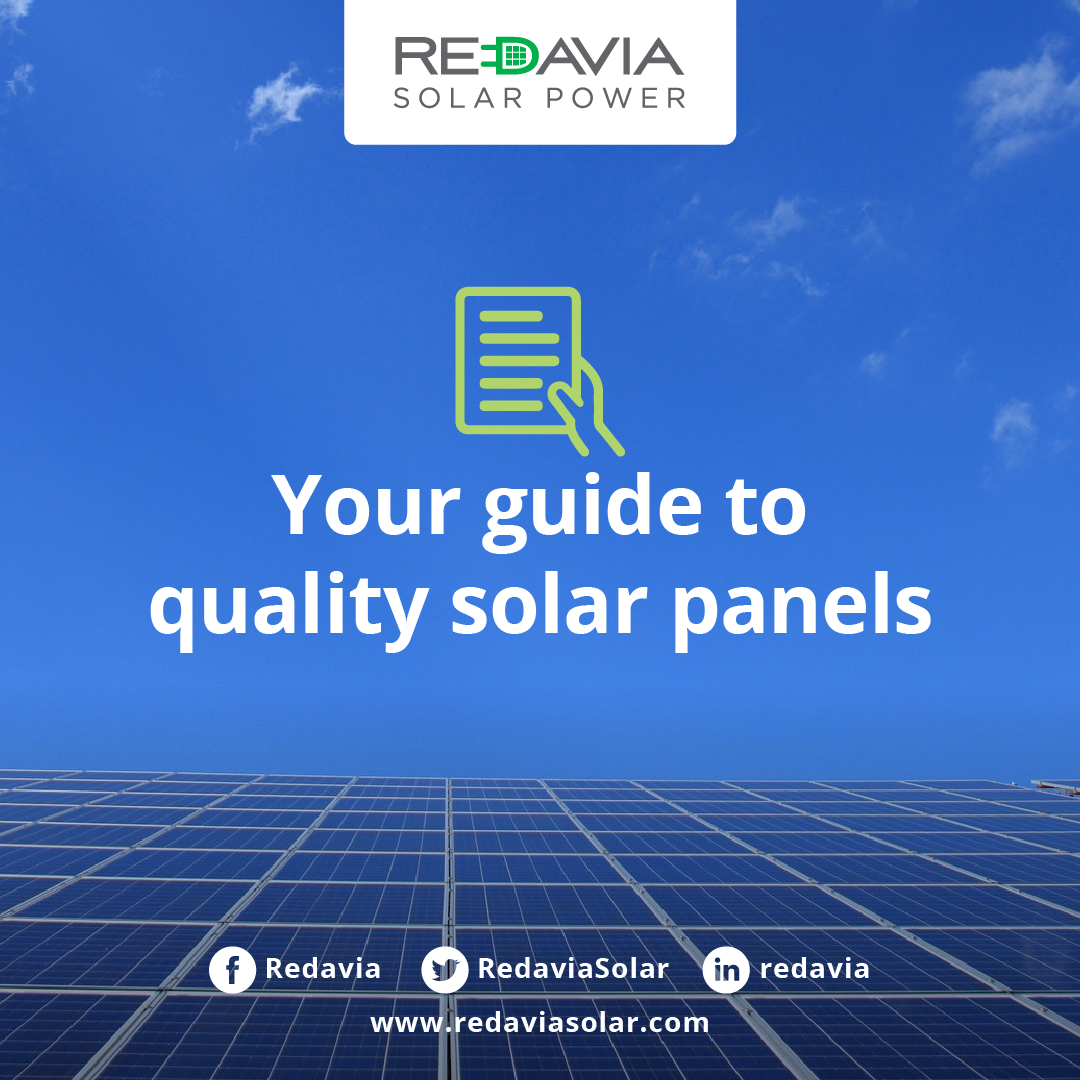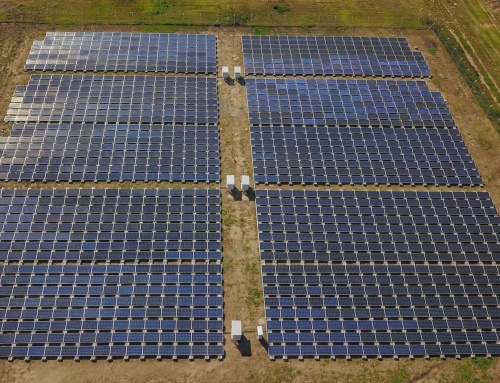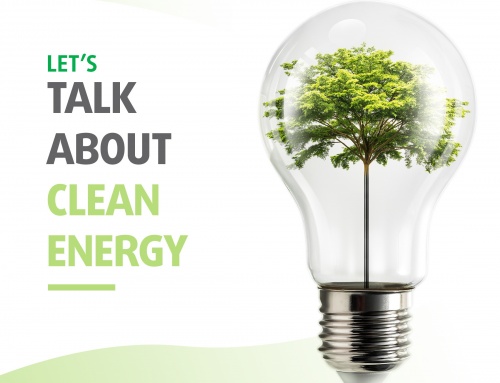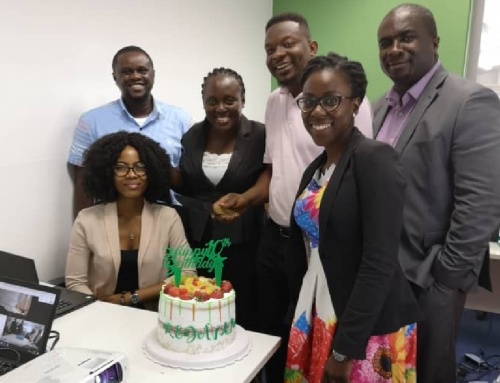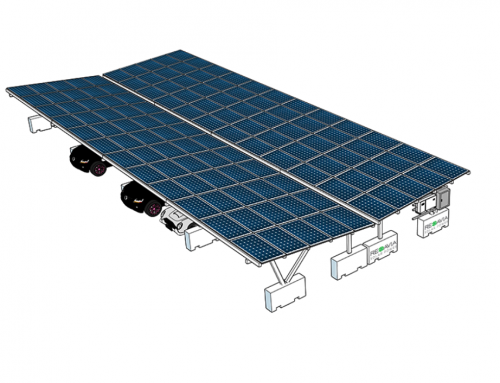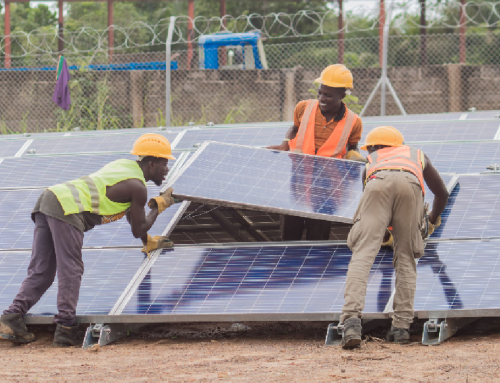Why quality is the key to maximizing solar power for your company
Unlike electricity from gas or coal, solar energy is free, reliable, and clean. Once solar panels are installed, a company can become self-sufficient when it comes to powering machinery, tools, equipment, and facilities. And tapping into independent solar energy storage units means solar power is literally saved for a rainy day.
To maximize solar energy collection and use, it’s very important to invest in quality solar panels and energy storage modules. With so many options in the market, it may be challenging to determine what to prioritize when assessing the quality of solar panels. Three things to consider are supplier certifications, the lifespan of solar panels, and the power tolerance of solar panels.
Solar panel supplier certifications
Where are the solar panels manufactured?
Solar panels are manufactured all around the world. Some countries are already known for quality production. For example, German products are known for quality – and this is the case for solar panels produced in Germany, too. If you’re shopping around for tier 1 solar panels for your business, consider the reputation of the supplier’s country, or find out where their products are produced.
Who provides quality control?
Once you select a provider, you will want to determine who is responsible for quality control. For example, REDAVIA’s solar products are evaluated by an independent control institute.
- Product design and component selection: PI Berlin
- Compliance of system and components with international standards, 6-8 weeks
- Shipping and local country standards: Intertek/SGS
- Pre-Export Verification Of Conformity to Standards (PVOC) of components for shipping and delivery country standards , 4 weeks
- Delivery EXW and packing for shipping: Redavia China representative
- Compliance with Redavia order specifications prior to shipping, 1-2 days
With this seal of approval, a company can be sure that the solar panels they use to power their business are top quality. REDAVIA’s solar panels have a 25-years warranty, guaranteeing lasting quality.
What certifications does the solar panel company have?
As solar panels become more popular, governments and utility companies continue to set standards to ensure quality standards of solar panels. In some countries, certain certifications for off-grid or on-grid solutions are required. When comparing the technical specifications of tier 1 solar panel companies, you might notice different acronyms and numbers. These refer to solar panel testing standards and certifications. Two common acronyms are IEC and UL, which stand for International Electrotechnical Commission and Underwriters Laboratories. REDAVIA has three product certifications from PI Berlin:
- Certificate of Conformity for Redavia Fast Track Solar Gen 1.4 Ground Mount (FTS-80GM) dated 12th Jan 2019
- Certificate of Conformity for Redavia Fast Track Solar 40 Carport (FTS-40CP) dated 1st November 2019
- Certificate of Conformity for Redavia Fast Track Solar 60 Roof Mount (FTS-60RM) dated 7th October 2020
and as a provider of climate-friendly energy solutions from Germany, we are approved by “Mittelstand Global – Energy solutions made in Germany.”
Tier 1 designation
“Tier 1” is a rating that a solar panel manufacturer can receive from an independent analyst. It is directly related to quality and involves high scores in a range of criteria from the manufacturer’s experience to their insurance and the durability of the product. You can use this tier 1 rating to filter through the solar panel suppliers you are considering, but you should also pay attention to the manufacturer’s customer service and reputation.
Lifespan of solar panels
The lifespan of a tier 1 solar panel is between 25 and 30 years. After 25 years, a solar panel won’t suddenly stop working. However, its efficiency may begin to decrease. Unless damaged by weather or debris, a solar panel will continue to generate energy for many decades, but it may not produce as much energy as it did when it was new. Working with a reputable supplier will help ensure that the solar panels for your business are durable and weather resistant. It’s important to consider solar panel lifespan when assessing the quality of the product because you can obviously gain the most return on investment when your solar panel installation functions properly for several decades.
Power tolerance of solar panels
Power tolerance is another piece of data that you would find in the product specs of the solar panels you are comparing. Represented with two percentages, it is a measure of how much a solar panel’s maximum output can deviate in conditions that match the lab settings it was tested in (also known as standard test condition or STC). REDAVIA’s solar panel modules have a power tolerance of -0% / +5%. This means its modules can produce between 535Wp and 539W in standard test conditions. You can tell that this is a high-quality module because the negative power tolerance is zero. This means that the solar panels will not produce less power than its maximum rate.
Power tolerance and solar panel farms
When you have a larger installation or a solar panel farm that supplies energy for your business, it’s important that the power tolerance of all the modules is the same. If you have modules with varying voltages connected together, referred to as “solar panel mismatch,” energy will be lost.
Furthermore, this can also wear down the solar panels and shorten their lifespan and overall efficiency.
Positive power tolerance
As investments are made into the innovation of solar panels, it’s becoming more common for solar panels to have a 0% negative power tolerance, which means they will never produce less power than its maximum rating at STC. A change in power tolerance could mean reduced revenue, so it is ideal when the power tolerance range is minimal because that makes energy production – and therefore how much money you save on paying for traditional electricity – more accurate.
Getting started on solar panel research
When you start your research on using solar energy for your business, take a look at our article about the first five things you should consider. Quality is at the very top of the list. When you choose a high-quality product, you invest your business’ money in a clean solution that eliminates your dependence on the grid for decades. But if you want your investment to have an economical meaning, it’s important to focus on quality and to choose manufacturers who have a reputation for quality products. REDAVIA is a reliable and reputable partner. We would be happy to tell you more about our off- and on-grid solar energy and storage solutions used in East and West Africa
We invite you to contact us to learn more.
hello@redaviasolar.com

